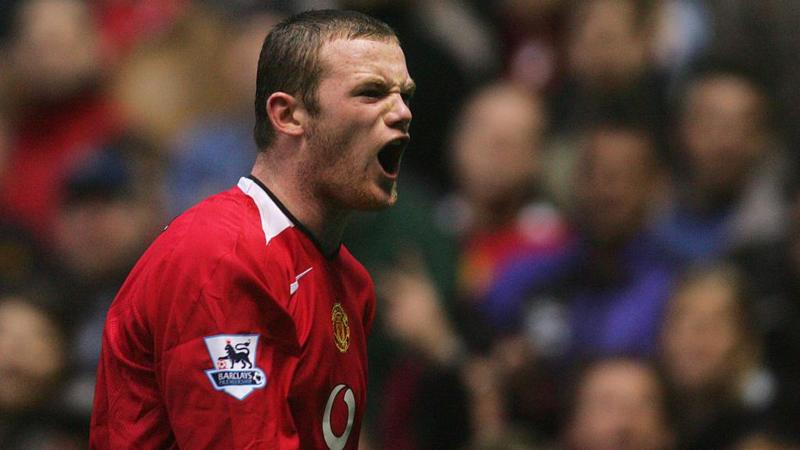Rooney Reveals: Campbell's Six-Month Silent Treatment!



The world of football is no stranger to high tensions and long-standing grudges, and one particularly frosty episode was recently brought back into the limelight by none other than Wayne Rooney, the former Manchester United striker. Rooney, renowned for his straightforward demeanor and footballing prowess, shed light on an intriguing behind-the-scenes feud involving his ex-England teammate, Sol Campbell.
The incident in question dates back to October 24, 2004, during a clash that was much more than just a regular matchday. It was during Manchester United's anticipated encounter with Arsenal at Old Trafford, a match that not only saw United claim a 2-0 victory but also marked the end of Arsenal's record 49-game unbeaten run in the Premier League—a streak that had included an entire season unbeaten, earning them the nickname "The Invincibles."
The turning point in this highly charged match came from an incident involving Rooney and Campbell. The contentious moment unfolded when Rooney tumbled over Campbell's extended leg in the Arsenal penalty area, leading the referee to award Manchester United a penalty. Ruud van Nistelrooy stepped up to convert the spot-kick, breaking the deadlock and setting United on the path to a victory that would be sealed later by a late goal from Rooney himself. For Arsenal, the defeat was bitter as it shattered their historic unbeaten sequence, and for some, the penalty decision was a pill too harsh to swallow.
According to Rooney, the fallout from this incident was significant and personal. Campbell, feeling aggrieved by the penalty decision—which he viewed as a dive by Rooney—reportedly stopped speaking to his England colleague for six months following the match. This revelation from Rooney highlights the depth of the emotional undercurrents often present in competitive sports and showcases how a single moment on the pitch can strain relationships off it.
The silence between Rooney and Campbell is particularly notable given their statuses as teammates on the national team, where camaraderie and team spirit are paramount. Both players were key figures for England, with Rooney bursting onto the international scene as a young talent who carried the hopes of a nation, and Campbell as an established defender known for his strength, leadership, and reliability.
Despite the temporary rift, both players continued to have illustrious careers. Rooney went on to become Manchester United's all-time leading scorer and won numerous titles, including five Premier League championships and the UEFA Champions League. Campbell, meanwhile, enjoyed success with Arsenal, including two Premier League titles and three FA Cup wins, and later ventured into a career in management.
The Rooney-Campbell episode serves as a reminder of how competitive fire can both forge and fracture relationships within the world of sports. It underlines the intense pressure and emotions that professional athletes must manage, often with their reactions and responses scrutinized by the public and media. Yet, it also speaks to the resilience and professionalism of these athletes, who, despite personal grievances, continue to perform at the highest levels and maintain a united front when representing their country.
Today, with both Rooney and Campbell having moved on from their playing days, such stories offer fans a glimpse into the personalities and pressures that shaped their careers. It provides a textured understanding of the dynamics at play behind the flashy skills and celebrated victories, encapsulating the human elements of rivalry, redemption, and ultimately, reconciliation. Such episodes not only enrich the tapestry of football history but also ensure that fans remain eternally engaged, debating the finer points of the game's most controversial and compelling moments.